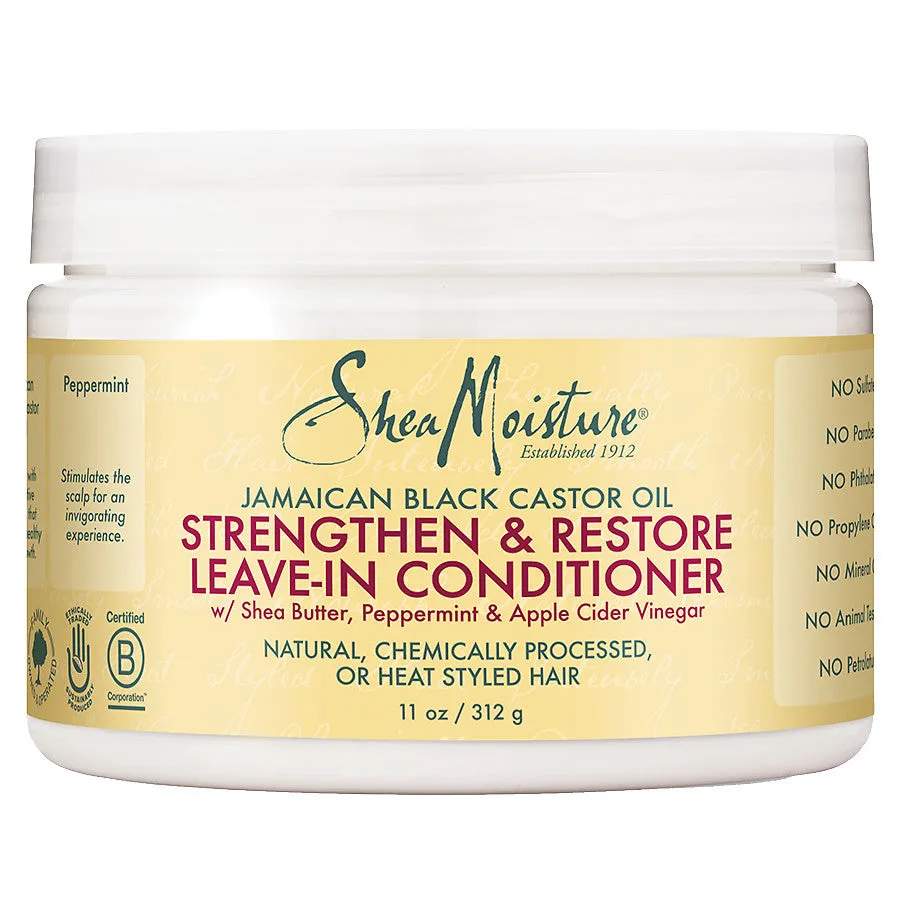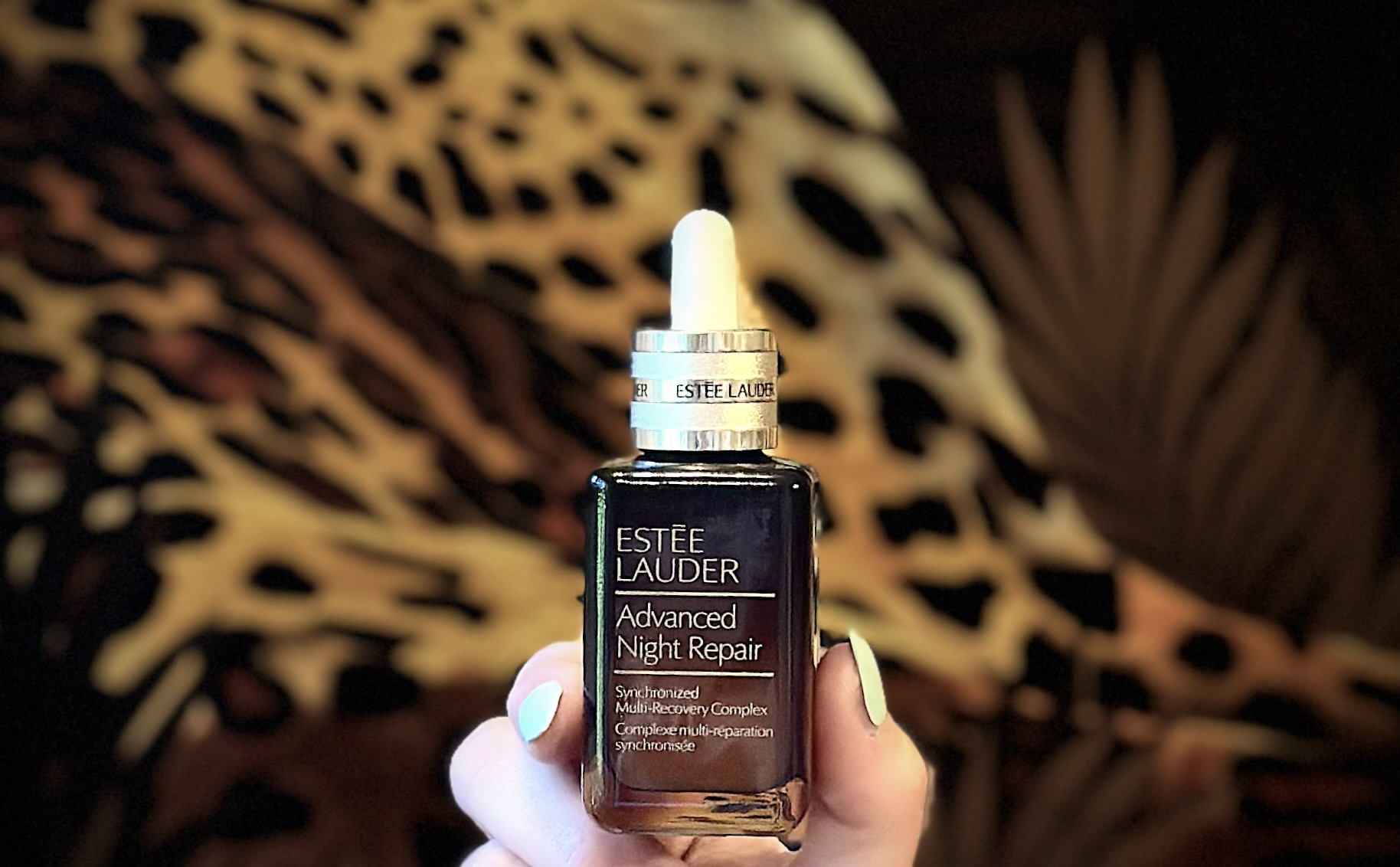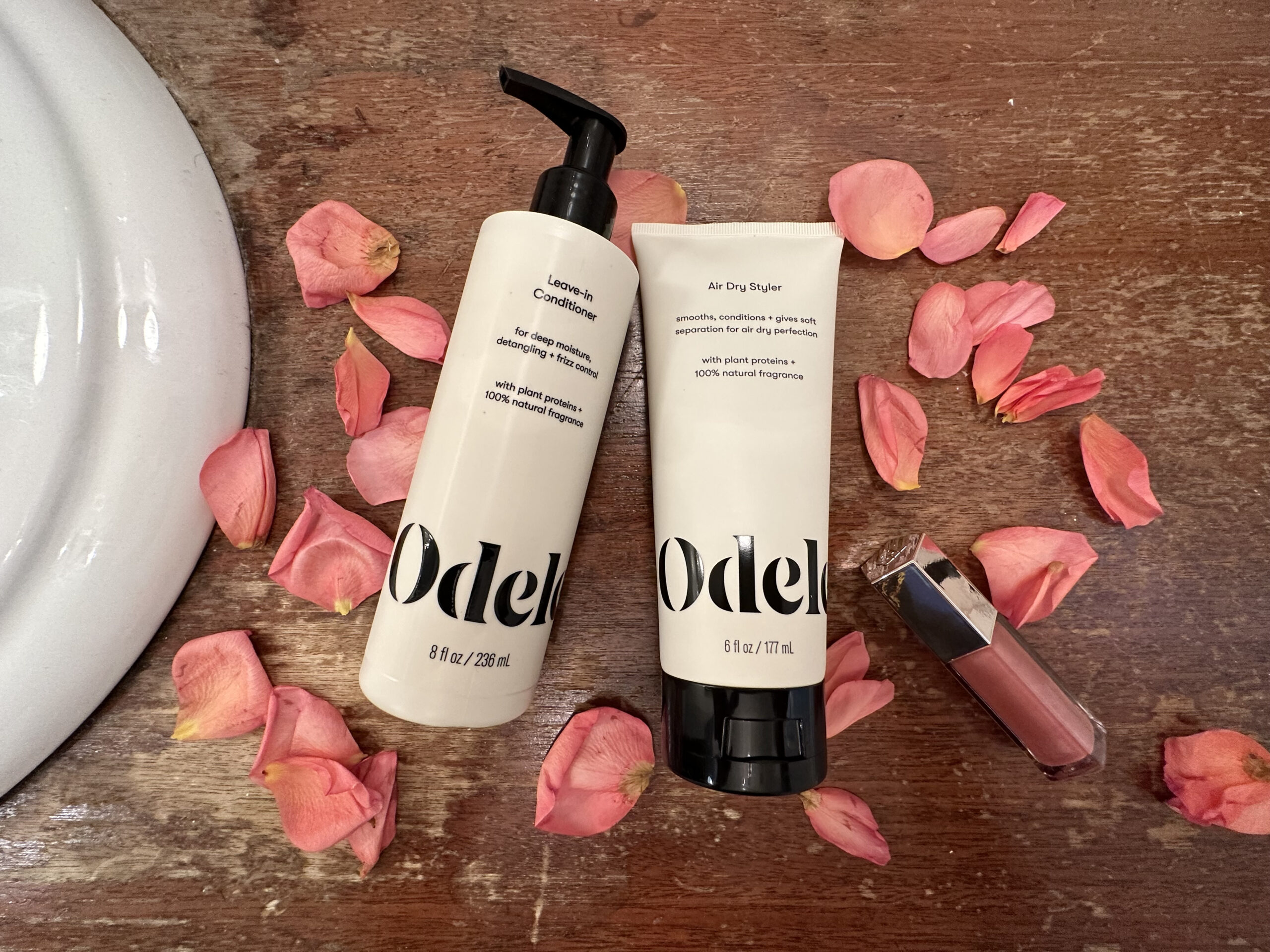
Telogen effluvium: How to manage hair loss and its emotional fallout
For most of my life, my hair was my thing. When nothing fit or my makeup wasn’t just right, my hair could pull me through. Entering the pandemic as a recent widow, making sense of all of the monumental changes in my life, the physical manifestations of my trauma shook me.
Still, the evidence was there. I was finding excessive amounts of hair on my brush, all over my clothes, and even in the lint trap of the dryer. The thinning was especially pronounced at my hairline, part, and crown. Of all of the things added to my list of worries, hair loss was never something I anticipated at 52. My only option was to look at it as self-care — my body was telling me something I needed to hear.
Telogen effluvium — a fancy way to say “hair loss”
I went to three dermatologists, in what I call “shopping” for answers. I finally found a doctor who really listened to me — she understood the delicate nature of hair loss and all of the psychological trauma that accompanied it.
My doc explained that I have telogen effluvium — a reversible condition that causes hair to fall out after a stressful experience. I also learned that hair loss is “one of the most common ailments” for women during perimenopause due to hormonal changes.
My dermatologist advised me to ramp up my daily protein and to use a topical treatment for hair loss twice a day. (This was definitely not what I wanted to hear with my lifestyle – I was sitting there with a fresh blowout!) We settled on minoxidil — what you might know as “Rogaine” — for my daily solution. She also sent me home with a prescription for spironolactone, a common high blood-pressure treatment that has shown significant results in arresting hair loss.
Getting to the root cause with supplements
Before heading to the doc, I bought all of the shampoo, conditioners, and supplements that tout hair growth. For many, OTC treatments, along with some important diet changes, are still successful options. I’d recommend:
VEGAMOUR GRO Hair Serum ($64 on Amazon) says to reduce signs of shedding for thicker, fuller-looking hair by soothing the scalp and revitalizing roots. Using natural phyto-actives, plant extracts, and biotin, the serum claims to deliver visible results in 90 days with daily use.
Nutrafol Women’s Balance Hair Growth Supplements ($80 on Amazon) works to improve hair growth for women ages 45 and up (another is available for ages 18-44) by targeting the causes of thinning hair, including hormone shifts, aging, and menopausal changes. Likely the most talked-about supplement for hair loss in my circle, “93% of women felt their hair looked healthier after six months, and 100% showed improved hair growth after nine months,” according to the brand.
Vital Proteins Collagen Peptides Powder ($38 on Amazon) provides 20 grams of hydrolyzed collagen peptides sourced from the hides of grass-fed, pasture-raised cows. The supplement claims to promote hair growth, as well as nail, skin, bone, and joint health. It’s now been more than a year since I started treatment, and my step-heavy skincare routine now includes my scalp. It takes a few extra minutes to get out the door, but the time is well worth it. While still on my journey, having a clear course of action alleviates my fear, restoring my hair back to its former glory.

Shea Moisture’s Premium Products ($24 on Oz Hair & Beauty) elevates your haircare routine by harnessing the nourishing benefits of Shea butter, coconut oil, and other natural ingredients while preventing hair loss. From revitalizing haircare, each product is crafted with expertise for radiant, healthy results you’ll love.




